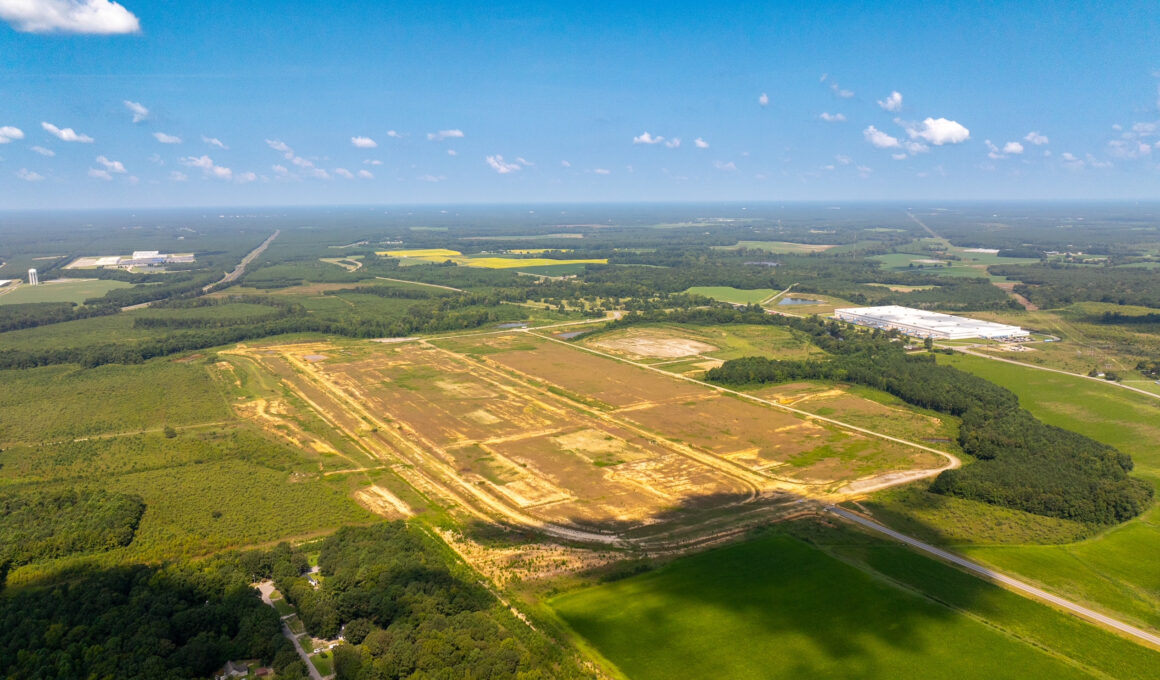North Carolina is set to receive a $1.4 billion battery gigafactory projected to boost the state’s economy by billions in the next 12 years.
Set for construction in Edgecombe County, the nearly 1.2 million square foot facility will produce 24 gigawatts of sodium-ion batteries a year once at full capacity. The batteries will be delivered to a range of markets including data centers, electric-vehicle fast charging points, microgrids, and telecom.
Sodium-ion batteries are a type of rechargeable battery that uses sodium ions as the charge carriers. They are often similar in structure and function to lithium-ion batteries, which are more commonly used, but they replace lithium with sodium.
Natron Energy, the firm behind the new project, previously opened a sodium-ion battery facility in Michigan. Natron says this new plant will be the first ever U.S. sodium-ion gigafactory.
“This flagship manufacturing facility will dramatically accelerate our efforts to deliver sodium-ion batteries to customers who are hungry for safe, reliable, and environmentally responsible energy storage solutions,” said Colin Wessells, Natron Energy founder and co-CEO.
“After evaluating over 70 sites across 9 states, we found that North Carolina, with its leadership in the clean energy revolution, would make the perfect home for this project,” Wessells added.
The project is expected to create over 1,000 local jobs and grow North Carolina’s economy by $3.4 billion by 2036.
“North Carolina’s momentum in the clean energy economy reaches epic proportions with today’s news,” said Gov. Roy Cooper.
“Natron Energy’s choice to build this large and unique battery factory in our state will help the nation reduce greenhouse gas emissions while creating good jobs in Rocky Mount, Nash and Edgecombe counties, and many other places in eastern North Carolina.”
Newsweek has contacted Natron for comment.
What Is a Gigafactory?
A gigafactory is a large-scale manufacturing facility designed for the mass production of goods, particularly batteries, EVs, or other advanced technologies.
The term was popularized by Tesla but has since been used more broadly to describe similar large factories built by other companies.
Separately, construction has begun on a new nuclear power plant in Tennessee – the first officially approved fourth-generation nuclear reactor in the U.S.
The Hermes Low-Power Demonstration Reactor in Oak Ridge is set to employ TRISO-coated particle fuel and high-purity fluoride salt coolant, known as FLiBe, a mixture of lithium fluoride and beryllium fluoride. This design is intended to produce affordable nuclear heat rather than electricity, showcasing the potential of a factory-built small modular reactor to revolutionize nuclear construction.
Do you have a story we should be covering? Do you have any questions about gigafactories or construction projects in your state? Contact LiveNews@newsweek.com







